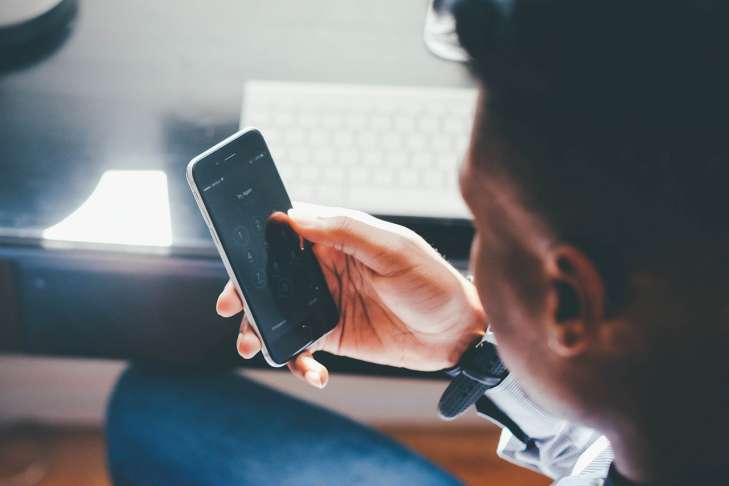Important to Know: How Gadgets Affect Sleep
The mobile phone screen emits blue spectrum, which has a detrimental effect on the sleep hormone melatonin.
This leads to problems falling asleep.
How gadgets affect sleep
It causes a feeling of alertness, restlessness, anxiety, increased excitability, has a depressing effect on the synthesis of melatonin, which leads to disturbances in the sleep-wake rhythm, makes it difficult to fall asleep and, in general, can enhance the negative effect of using gadgets.
The guidelines, recently published in the journal PLoS Biology, use a newly developed light measurement standard that the researchers hope will guide lighting and electronics manufacturers to achieve healthier workplaces, public buildings and homes through light exposure.
How does a phone affect a child's sleep
Watching cartoons and playing games on a tablet or phone, especially in the evening and just before bed, stimulate the brain and prevent it from relaxing.

The glare from screens makes it difficult to sleep, reducing your rest time, leading to sleep deprivation.
For children aged 3 to 5 years, screen time should not exceed 20 minutes per day.
From 6 to 18 years old, you can play or communicate on a large-screen phone for no more than 2 hours a day.


